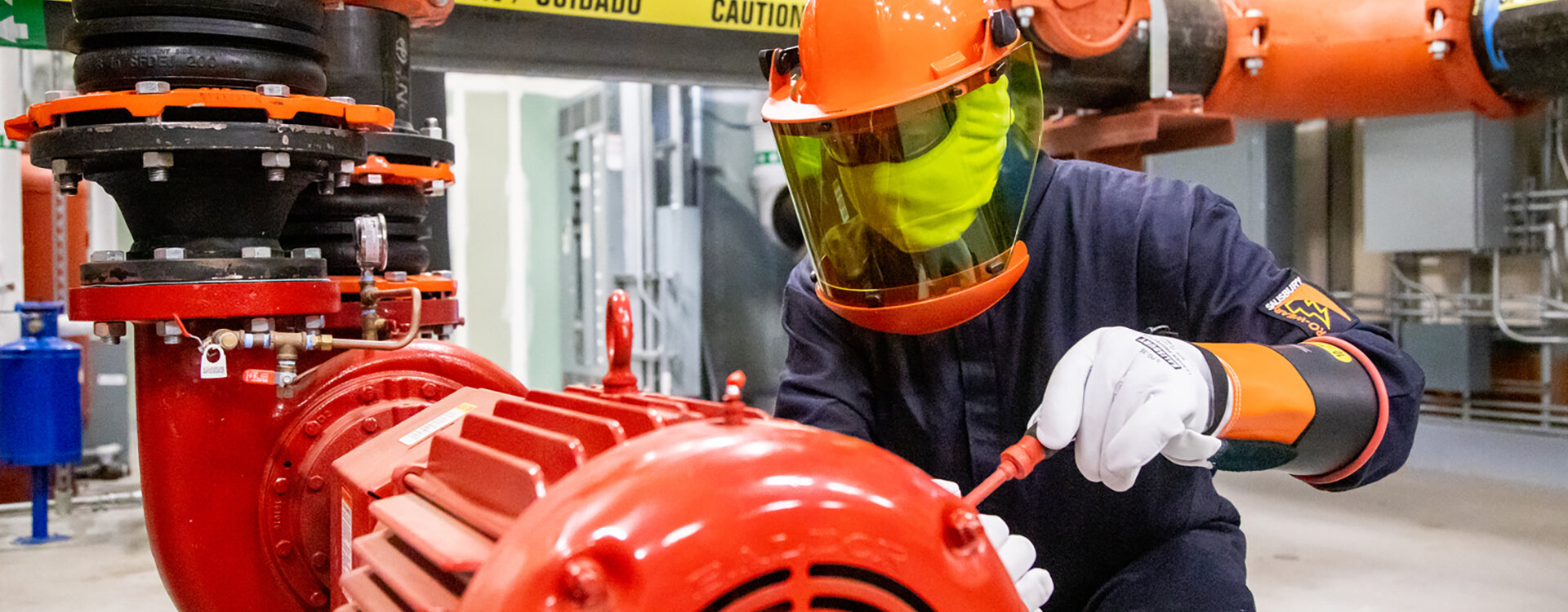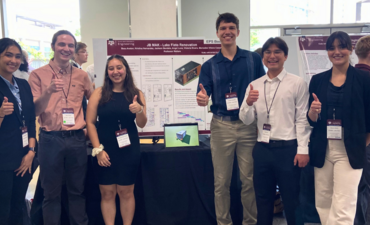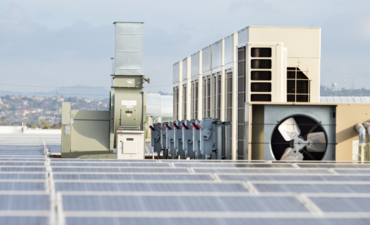
As healthcare facilities face unique challenges, deferred maintenance continues to present ongoing challenges within healthcare facilities for overall building health, staff members, and quality of care.
While many hospitals are deferring maintenance due to an acute focus on global health crisis response and staffing issues, they still struggle with failing, unreliable, and unsanitary equipment, including impacted filters and coils, which can greatly affect indoor air quality.
Although many HVAC companies use a reactive maintenance approach of running a system until failure occurs, a predictive solutions approach of looking and analyzing the entire facility holistically can provide tailored solutions to best meet the needs of the facility and increase the lifespan of its equipment.
Predictive maintenance doesn't just expand the life of valuable equipment — it reduces or eliminates the implications associated with deferred maintenance including poor indoor air quality, unscheduled and costly shutdowns in critical areas, reactionary repair costs (vs. budgeted costs), strain on staff and administration, and increased energy costs.
Consistent facility evaluation, analysis, and predictive maintenance can lead to smarter long-term planning, extended equipment lifecycles, improved occupant comfort, and decreased HVAC energy costs, downtimes, and administration time spent on failures.
When paired with a team of subject-matter experts, dedicated technicians, consistent communication, and actionable plans, predictive maintenance eliminates the stress of unforeseen issues with reactive and deferred maintenance, and provides the peace of mind needed to focus on offering high quality care.
This article was written by a Southland Industries team member.




